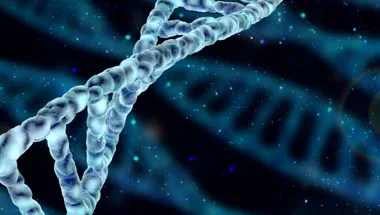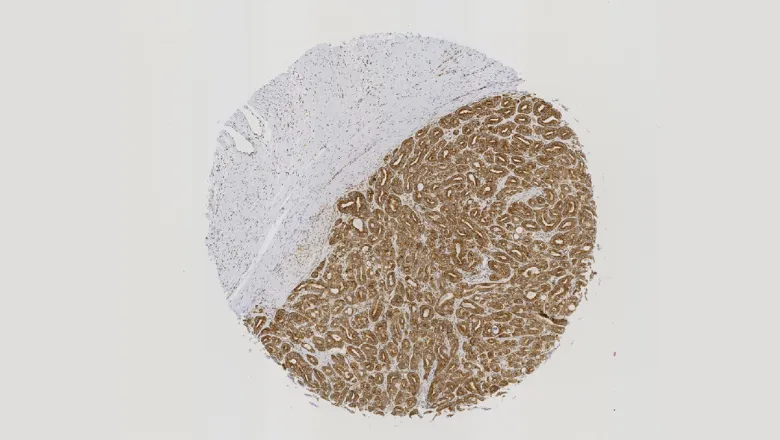
Professor Agamemnon (Agi) Grigoriadis
Professor of Bone and Cartilage Cell Biology
Research interests
- Biomedical and life sciences
Biography
Professor Grigoriadis is a cell biologist interested in how bone and cartilage tissues are formed during embryonic development and in the post-natal remodelling skeleton, and how deregulated molecular mechanisms drive metabolic bone disease, in particular skeletal cancers.
He obtained his PhD at the University of Toronto, identifying novel multipotent skeletogenic mesenchymal stem cell populations, and received a MRC Canada Fellowship for postdoctoral work at the IMP in Vienna where he established transgenic models of bone cancer and metabolic bone disease.
His current group at King's uses pluripotent stem cell-based approaches to understand bone/cartilage lineage commitment during development and for generating defined populations for stem cell-based therapy of bone and cartilage disorders, and is identifying signalling pathways and novel therapeutic targets involved in osteosarcoma growth and metastasis using in vivo models.
Research

Centre for Craniofacial & Regenerative Biology
Our research goes beyond the mouth. If we understand how the entire face and head forms, we can repair damage and regenerate cells. If we unravel the causes of diseases, we can treat patients successfully. If we solve these problems, our discoveries will improve health worldwide.

RNA Biology
RNA is at the forefront of biomedical research for its central role in how information is transferred from DNA to protein. This Research Interest Group is open to all interested parties from across the University.
News
New potential avenues for cancer therapies through RNA-binding proteins
A new paper highlights the role of two RNA binding proteins – LARP4A and LARP4B – in the development of cancer

Research

Centre for Craniofacial & Regenerative Biology
Our research goes beyond the mouth. If we understand how the entire face and head forms, we can repair damage and regenerate cells. If we unravel the causes of diseases, we can treat patients successfully. If we solve these problems, our discoveries will improve health worldwide.

RNA Biology
RNA is at the forefront of biomedical research for its central role in how information is transferred from DNA to protein. This Research Interest Group is open to all interested parties from across the University.
News
New potential avenues for cancer therapies through RNA-binding proteins
A new paper highlights the role of two RNA binding proteins – LARP4A and LARP4B – in the development of cancer

